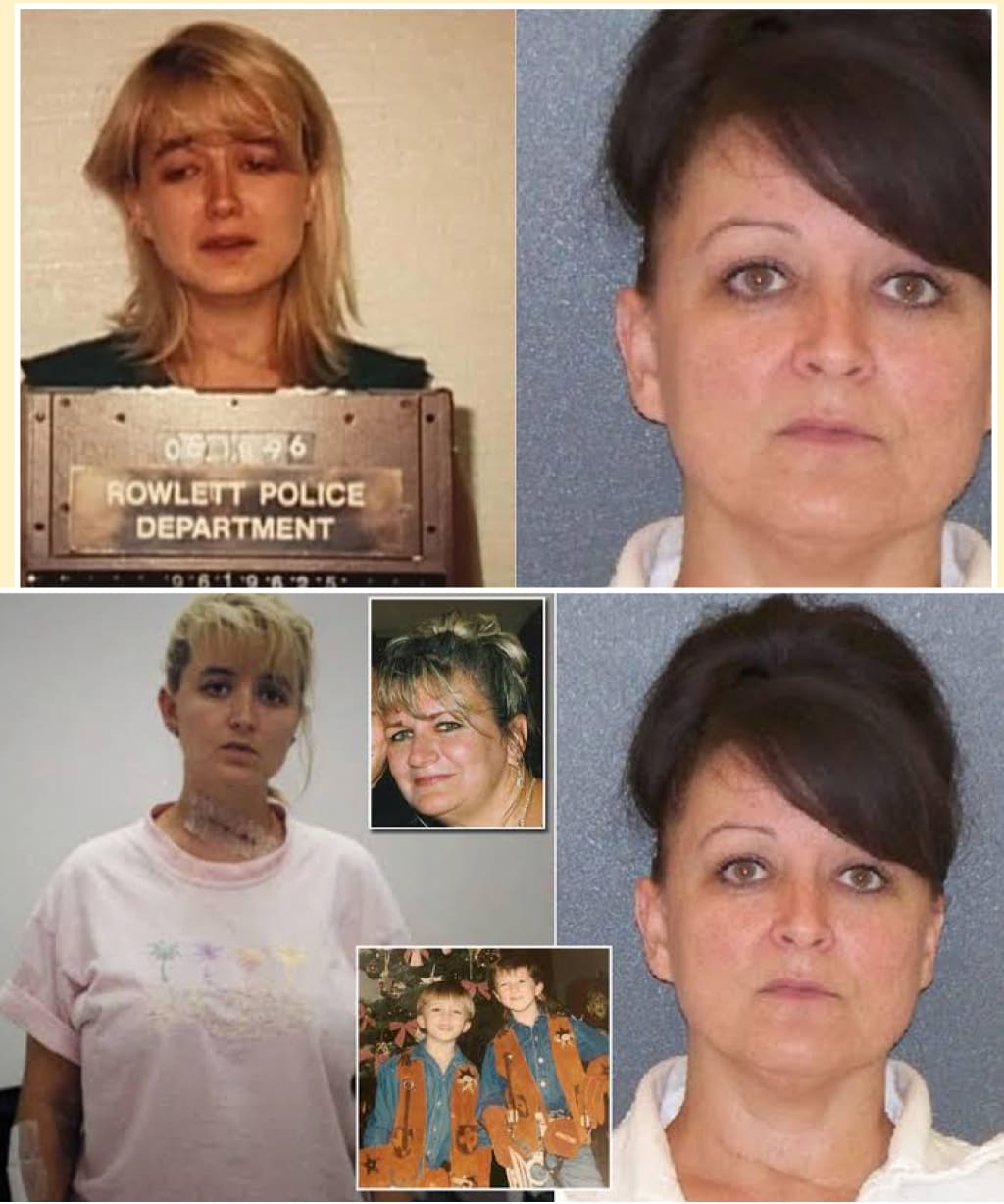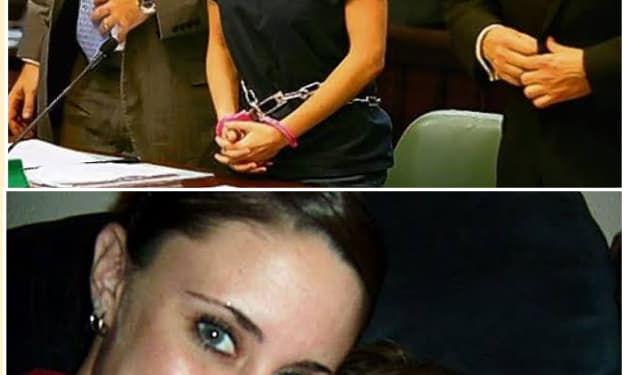Darlie Routier Murder Controversy
Darlie Routier's 1996 murder conviction of her two sons in Texas sparked intense controversy, with doubts over her guilt.

Darlie Routier's case, which unfolded in 1996 in Texas, became a focal point of controversy surrounding her conviction for the murder of her two sons. The events surrounding this tragic incident and the subsequent legal proceedings ignited debates about her guilt or innocence.
In the early morning hours of June 6, 1996, Darlie Routier made a frantic 911 call, reporting a horrifying home invasion and a brutal attack on her and her two young sons, Devon and Damon. Responding officers found a harrowing scene at the Routier residence, with the boys lying lifeless and Darlie seriously injured. This tragic event immediately captured media attention, drawing sympathy and support for Darlie from many who believed her account of an intruder breaking into their home.
However, the investigation took an unexpected turn when doubts began to emerge regarding Darlie's version of events. Skepticism grew among law enforcement and the public as evidence pointed towards Darlie's possible involvement in the murders. Prosecutors argued that the crime scene showed signs of staging and inconsistencies in Darlie's statements added to their suspicions.
In February 1997, Darlie Routier was arrested and charged with the murders of her sons. The trial began in January 1997, and the prosecution presented a compelling case against her. They asserted that Darlie was motivated by financial difficulties and a desire to gain insurance money. The prosecution emphasized Darlie's behavior after the tragedy, highlighting her lack of visible grief and the seemingly contradictory actions she took in the aftermath.
Throughout the trial, Darlie consistently maintained her innocence, tearfully professing her love for her children and her shock at the accusations against her. Her defense team argued that she had been wrongfully accused and that the evidence presented against her was circumstantial. They questioned the integrity of the crime scene investigation and attempted to cast doubt on the motive attributed to her by the prosecution.
Despite the defense's efforts, the jury found Darlie Routier guilty of the murders and sentenced her to death in February 1997. The verdict was met with mixed reactions, with some believing justice had been served, while others continued to express doubts about her guilt.
In the years that followed, the case continued to attract attention and garnered significant public interest. Supporters of Darlie Routier advocated for a reevaluation of the evidence, alleging flaws in the investigation and trial. They claimed that new information had emerged, indicating the possibility of an intruder being responsible for the heinous act.
In the face of mounting public pressure and ongoing appeals, the case underwent several rounds of forensic testing and legal proceedings. Advocates for Darlie argued that advancements in technology could potentially provide crucial evidence that was overlooked during the initial investigation.
The controversy surrounding the case reached a boiling point when a significant development occurred in 2018. The State of Texas ordered new DNA testing on items from the crime scene, and the results reignited the debate over Darlie's guilt or innocence. However, despite the new tests, the outcome remained inconclusive, leaving the case shrouded in uncertainty.
As of my last knowledge update in September 2021, Darlie Routier remained on death row, and her case continued to evoke passionate reactions from people around the world. While some still firmly believed in her guilt, others adamantly insisted on her innocence, advocating for a reconsideration of the evidence.
In conclusion, the case of Darlie Routier stands as a haunting tale of a mother convicted of murdering her own children. The conflicting evidence and emotional testimony have sparked heated debates over the years, leaving the question of her guilt or innocence open to interpretation. As the controversy persists, so does the search for truth and justice in this tragic and complex legal saga.
About the Creator
Enjoyed the story? Support the Creator.
Subscribe for free to receive all their stories in your feed. You could also pledge your support or give them a one-off tip, letting them know you appreciate their work.





Comments
There are no comments for this story
Be the first to respond and start the conversation.